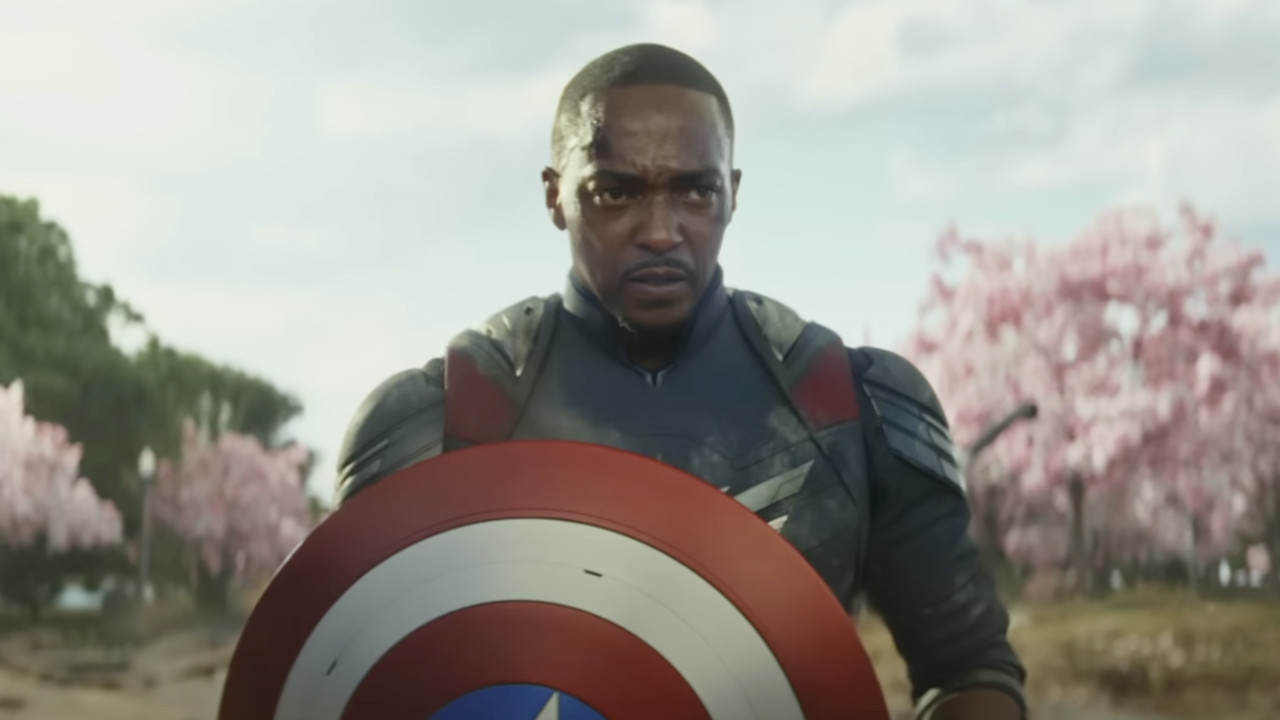There are certain places that symbolize so much more than their physical locations. Decades later, they have become the way we remember cultural milestones, behaviors and achievements. Studio 54 is the perfect embodiment of wild, unencumbered late 70s excess, while Alcatraz is the perfect embodiment of the riveting prohibition era battle between law enforcement and larger than life gangsters. There were other great clubs and other scary prisons, of course, but in retrospect, we simplify and channel our collective memories in one direction, which is part of the reason why CBGB is iconic enough to attract such high-end talent for this low budget biopic.
The film, fittingly entitled CBGB, follows legendary club owner Hilly Kristal (Alan Rickman) as he emerges from bankruptcy to open yet another club. He hopes to book country music acts but after finding little interest, he opens his doors to genres and bands he’s a little less comfortable with. The format is simple. Wannabe performers show up early in the afternoon and play for Kristal, his business partner Merv (Donal Logue) and his sound guy Taxi (Richard De Klerk). If they’re approved, they get thrown on the bill. If the crowd likes them, they’re put in the regular rotation.
One would imagine a lot of clubs operated the same way at the time, but fortunately for CBGB, many of its acts turned out to be awesome, talented, culturally important and very very famous. From Blondie to the Talking Heads to Iggy Pop to the Ramones to Patti Smith to Television, they went from being one of several bands playing to partially filled rooms on weekdays to getting serious radio airplay and packing giant venues almost overnight. This, in turn, brought more fans, record executives and weirdos into the club and attracted bands from far and wide to show up and try to earn stage time.
It’s a truly fascinating story and has provided the source material for more than a few great books, documentaries and specials. Hypothetically, it should provide great source material for a biopic too, but in director Randall Miller’s hands, it just doesn’t quite come together, specifically because there’s not really a plot here. The film just sorta meanders and plays music. Eventually, we get some action related to Kristal’s less than competent bill paying, his decision to manage The Dead Boys and worries over whether the club will be able to stay open, but there’s really no principal arc or forward motion.
That might sound like an easy problem to fix, but in a film like this, it really isn’t. CBGB fans expect to see all of these classic acts and to watch each take the stage. Beyond that, they expect for each of them to have dialogue off the stage. Miller satisfies on those accounts, but in doing so, he never lets us get to know any of the actual performers beyond a superficial level. There’s no real insight whatsoever, which is a shame because these legends are all played by exciting actors. Malin Akerman gives us a solid Deborah Harry. Joel David Moore is pretty funny as Joey Ramone. Foo Fighters drummer Taylor Hawkins is a spot-on Iggy Pop, and Rupert Grint and Justin Bartha are so good as the Dead Boys that I would actually watch a spin-off biopic. With only a handful of lines and no actual character depth, however, they all just come off as caricatures. They’re still the same unknowable legends we’ve all read about and perhaps seen in concert a few times.
Beyond its formatting issues, CBGB also chooses to style itself like a comic book. Thought bubbles frequently pop up on the screen, and the transitions between scenes are depicted by one panel moving to another. Now and again, the trick is visually fascinating and pretty damn cool. More often, it’s a little off-putting and pointless. If the answer for a major formatting choice in a film is likely because it looks cool, it’s probably not worth implementing.
Still, the remarkable power of these famous bands manifests itself in CBGB being watchable. There’s something fun about seeing a much younger David Byrne awkwardly fumble around on stage in a polo shirt and amusingly announce to fifteen people that he’s the lead singer of the Talking Heads, and they all live right across the street. No doubt hardcore music fans will enjoy such moments, but by the last note, it all still comes off as a disappointing missed opportunity.
Mack Rawden is the Editor-In-Chief of CinemaBlend. He first started working at the publication as a writer back in 2007 and has held various jobs at the site in the time since including Managing Editor, Pop Culture Editor and Staff Writer. He now splits his time between working on CinemaBlend’s user experience, helping to plan the site’s editorial direction and writing passionate articles about niche entertainment topics he’s into. He graduated from Indiana University with a degree in English (go Hoosiers!) and has been interviewed and quoted in a variety of publications including Digiday. Enthusiastic about Clue, case-of-the-week mysteries, a great wrestling promo and cookies at Disney World. Less enthusiastic about the pricing structure of cable, loud noises and Tuesdays.











